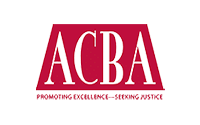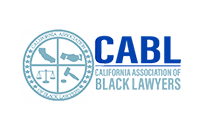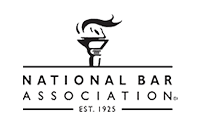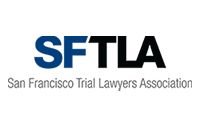
In 1977, Congress created the Fair Debt Collection Practices Act (FDCPA). The FDCPA protects consumers from deceitful, harassing, and unfair tactics by debt collectors. You need to understand what the FDCPA is and how it can help you.
What is the Fair Debt Collection Practices Act?
The Fair Debt Collection Act (FDCPA) is a federal law that protects consumers from abusive third-party collectors. The FDCPA sets the rules about the actions of third-party debt collectors, also called collection agencies. The FDCPA applies to personal, family, or household debt. The act does not apply to business debts. The FDCPA does not protect consumers from lawful debt collection. Before the FDCPA, debt collectors could use intimidating, harassing, and illegal methods to collect debts. With the FDCPA, debt collectors must not harass and intimidate consumers. They can only use legal methods to contact consumers and collect debts.
Who Does the FDCPA Affect?
The FDCPA affects consumers, not businesses. This Act affects third-party debt collectors. Third-party debt collectors are usually collection agencies. First-party debt collectors or primary direct debt collectors are not affected by the FDCPA. For example, if a clinic were trying to collect a debt, it would be a first-party debt collector, not a third party, and not subject to the FDCPA. A collection agency collecting debts is a third-party collector and subject to the FDCPA.
Federal Trade Commission Enforcement of the Fair Debt Collection Practices Act
Various federal and state agencies oversee the FDCPA. The Federal Trade Commission (FTC) is the main authority that enforces the FDCPA. The FTC enforces fair debt collection through investigations of consumer complaints, legal action in federal court against debt collectors who violate the FDCPA, and coordination with other agencies. They work to educate consumers and businesses about their responsibilities and rights under the FDCPA.
The Consumer Financial Protection Bureau
Other agencies, such as the Consumer Financial Protection Bureau (CFPB), help regulate debt collection practices. The CFPB has the authority to regulate larger debt collection. The CFPB offers guidance on what information a debt collector must provide to consumers before collecting any debt. The agency addresses the rules surrounding electronic communication for debt collectors to contact consumers. For example, debt collectors must provide an easily understood way to opt out of any methods consumers oppose, such as email. The ruling limits phone calls from debt collectors. Debt collectors can make seven calls in any given seven-day period for each account, and they must go seven days without contact after speaking with consumers.
Passive Debt Collection
The CFPB prohibits passive debt collection techniques. Passive debt collection techniques are those where a debt collector does not report to a credit bureau. Without reporting to a credit bureau, a consumer cannot dispute debts. CFPB rulings prohibit a company from suing or threatening to sue consumers for a time-barred debt, which is a debt you didn’t repay but is no longer legally collectible because too many years have passed. The same is true for debts that have passed the legal statute of limitations.
State Laws and Debt Collection
In addition, states may have their own laws and regulations about debt collection. For example, California has a debt collection law called the Rosenthal Fair Debt Collection Practices Act that mirrors the Fair Debt Collection Practices Act but adds how, when, and who can collect debts. The primary difference between the California law and the federal FDCPA is that the Rosenthal Act applies to first-party debt collectors as well as third-party debt collectors.
What is Illegal Under the FDCPA
The Fair Collection Practices Act prohibits debt collectors from intimidating and illegal practices. Some of the intimidating and illegal acts the FDCPA prohibits are:
Threatening or Using Violence
Third-party debt collectors cannot use violence or other criminal means against borrowers, a borrower’s reputation, or their property
Obscene Language
Third-party debt collectors cannot use obscene or profane language against borrowers.
Harassing Calls
Debt collectors cannot repeatedly call a phone number to harass or annoy the borrower. They are allowed to call between 8 a.m. and 9 p.m. based on the borrower’s local time.
Prohibited Calls
Third-party debt collectors cannot call the borrower’s place of employment. They cannot contact friends, coworkers, and family members about the borrower’s debt
False Criminal Charges
Debt collectors cannot falsely imply that borrowers have committed crimes. The collector cannot threaten arrest or imprisonment. They cannot pretend to be an attorney or someone in law enforcement.
What You Can Do
As a consumer, you have the right to challenge debt collectors who engage in illegal acts. You can fight them through state or small claims court. Reporting the third-party debt collectors to your state’s Attorney General’s office and the federal FTC and CFPB are options. In any scenario, having a knowledgeable debt collection lawyer is useful.
At Varlack Legal Services, we are a full-service law firm that understands debt issues. We represent you with sensitivity and understanding of what you’ve been through. Contact us today.








